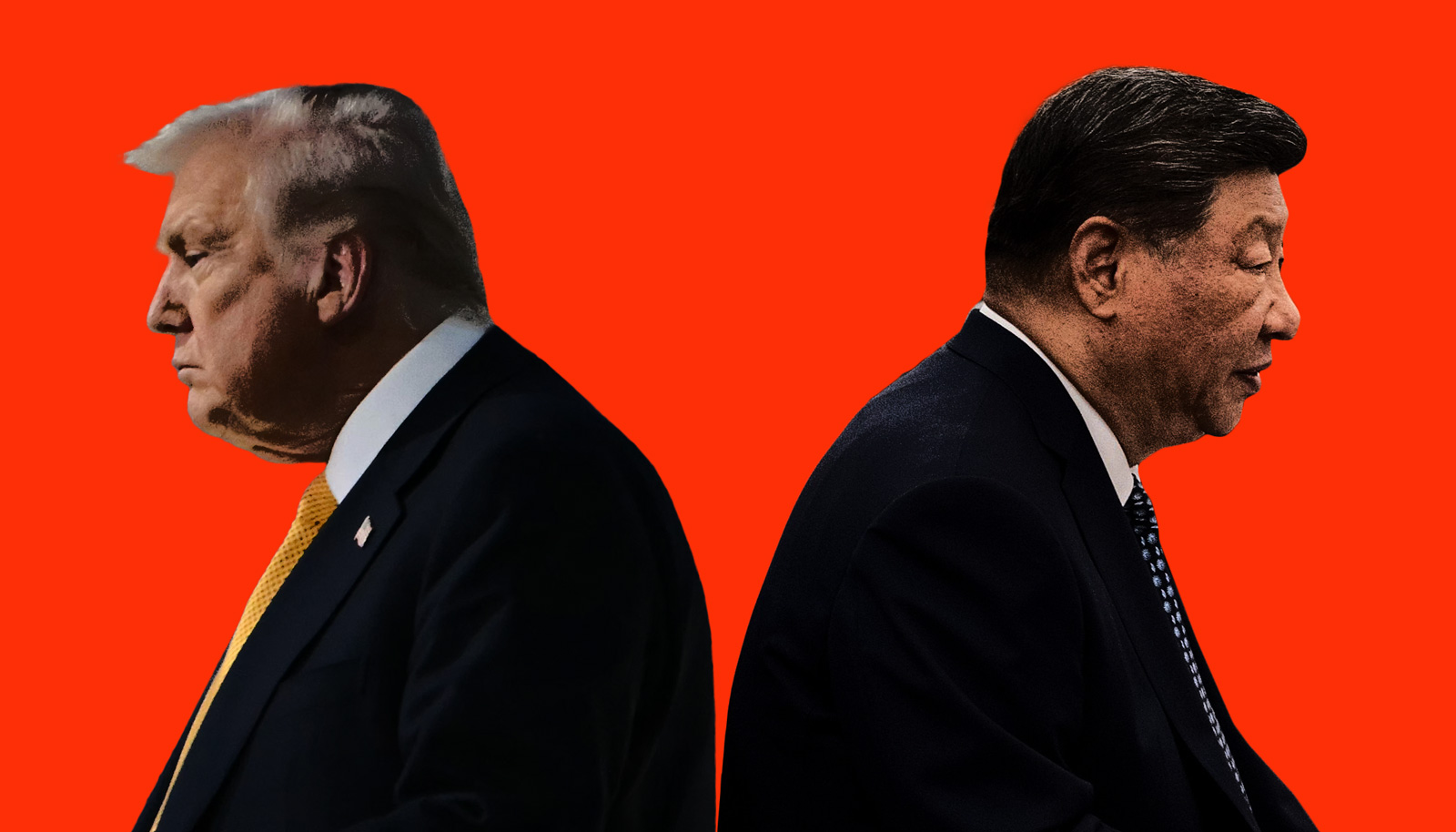Carlyle Group co-chair says he's not worried about possible China trade war
The co-founder and co-executive chairman of one of the world's largest private equity firms says he's not worried about a potential trade war with China. David Rubenstein presides over the Carlyle Group, which manages a total of $195 billion across 317 investment vehicles.
"I think the relationship is so strong that I don't think we're going to really have a trade war," Rubenstein said Thursday on "CBS This Morning." "It's not in anybody's interest. So there have been some disputes on tariffs and so forth. But I don't think it's going to upset this enormous relationship."
He said the Carlyle Group is a "gigantic investor" in China and that will only continue.
"It's the biggest economy in the world by purchase price parity measurement, and by GDP it will be in our lifetime the biggest economy in the world. So if you're an investor in the global economic world, you really should be in China," Rubenstein said.
Government data shows the U.S. economy is gaining momentum, growing 2.9 percent in the fourth quarter of 2017. That caps the strongest nine-month stretch in more than 12 years.
"I think generally the economy is in reasonable shape. It's what I call global synchronous happiness — everybody is happy right now," Rubenstein said.
But when everyone's happy, you also have to worry, he said.
"There's no doubt that there's something lurking behind us," Rubenstein said, adding, "At some point the economic cycle will go down. I don't know if we're prepared for it yet."
Among his biggest worries about the economy are the federal debt, income inequality and social mobility. And there's another: "I do worry about another problem we haven't talked about a lot, which is literacy," Rubenstein said.
"Fourteen percent of our people in this country, adults, are functionally illiterate," he said. "If you have an increasing percentage of high illiteracy, you're not going to be able to solve this income inequality problem. So that's something that we really need to work on."
Before getting into business, Rubenstein served in President Jimmy Carter's administration. He said the "atmosphere in Washington is not what it was when I was there in the '60s and '70s."
"At that point people from the Democratic side, Republican side did work together to try to get bipartisan legislation. That rarely happens today. I've started a series of dinners to try to bring Democrats and Republicans together talking about American history, things we can agree on," Rubenstein said.
So is Mr. Trump ever invited to these meetings?
"These are for members of Congress, but I'm sure if the president wanted to come, I'm sure he would be welcome," Rubenstein said.
As for economist and TV personality Larry Kudlow, the president's choice to replace Gary Cohn as head of the National Economic Council, Rubenstein said "he deserves a very good chance to show what he can do."
"It's a tough job, but I think Larry Kudlow is well prepared for it," he added.



